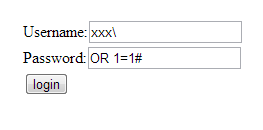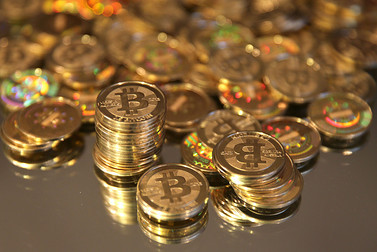What is Litecoin: Litecoin is silver to Bitcoin gold. Btw, November 27, 2013 -- Bitcoin hit 1000.
Adam Rifkin stashed this in Bitcoin
Stashed in:
Rob Wile provides an intro to Litecoin:
Charlie Lee, a former Googler and MIT grad, in 2011, two years after the birth of Bitcoin, decided to create a version of Bitcoin that would make it more accessible.
He called it Litecoin.
"I think Satoshi [Nakamoto, Bitcoin's pseudonymous creator] is great, and Bitcoin is awesome," Lee said in a recent interview with BI. "I didn't fix Bitcoin. I just made small changes that made [Litecoin] a little bit better."
Litecoin is not the only digital currency to have mounted Bitcoin’s virtual coattails. Coinmarketcap lists about two-dozen ones who’ve seen their prices increase in the past few months. But Litecoin appears to be the first among these secondary equals, something reflected in its $670 million market cap — nearly 8x greater than the next largest currency, Peercoin.
If you're at all familiar with Litecoin, you've probably heard it described, by Lee or others, as "silver to Bitcoin's gold." But if you don't believe Bitcoin is worth much in the first place, that may mean nothing to you. So we asked Lee to elaborate, and he made a convincing case for where Litecoin will fit into the for-now expanding realm of digital currency.
"It's more abundant, and more lightweight" than Bitcoin, he says.
Here's what that means. Only 21 million Bitcoin will ever get created, and it's projected that won't occur until 2040. Although in theory this has no practical effect on its value if the Bitcoin economy truly takes off thanks to demand remaining consistent, that fixed amount will help keep prices elevated.
Lee designed Litecoin so that 84 million units would be created. And if the Litecoin economy scales up to where Bitcoin evangelists insist Bitcoin should be, the same pseudo-scarcity effect could someday be seen in Litecoin prices.
In addition, Litecoin is not subject to the “arms race” currently seen among Bitcoin miners looking to corner the market on acquiring large amounts of Bitcoin. Bitcoin is built around hash cryptography that is supposed to get more complex — and thus require more expensive computing power to mine — as the Bitcoin economy expands and grows in value. But this has allowed individuals with more efficient computer chips — in other words, ones that require less electricity power to mine a given amount of Bitcoin — to get the jump on more conventional miners. Litecoin eliminates that advantage by using an entirely different cryptography program, called Scrypt, where the limiting factor is memory, not processing efficiency. That means you'd have to buy a greater quantity of computer hardware to beat the program, not just design a better chip.
“There will be less of a cartel of miners,” Lee says.
Finally, Lee says Litecoin transactions enjoy faster "confirmation" times. For a Bitcoin transaction to be completely processed, it must receive a number of confirmations from other users who've located the transfer on the Bitcoin's master ledger, the Blockchain. This usually takes about 10 minutes. That doesn't mean you have to wait around at a cash register if you're using Bitcoin to pay for groceries, as we have documented. But those transactions depend on temporary confirmations.
A dozen currencies are going crazy:
http://www.businessinsider.com/prices-of-different-digital-currencies-2013-11













7:24 PM Nov 27 2013